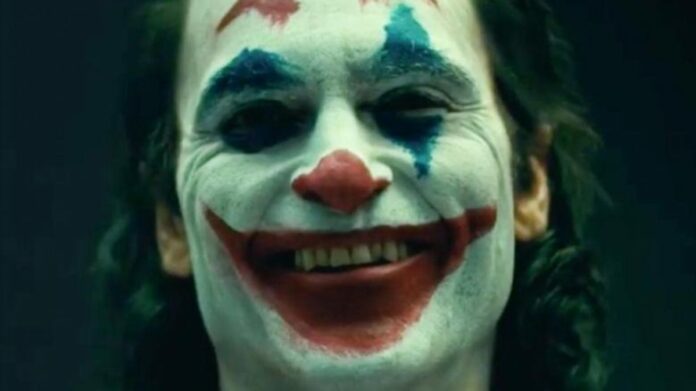As a huge fan of both the comic books and movies featuring Batman’s arch nemesis, I was overjoyed when I discovered last year that he would be getting his own film starring the always fantastic Joaquin Phoenix. My excitement was only heightened as the trailers began to emerge, revealing a dark and grimy film that depicted the impact that society can have on someone who just wants to make the world a better place.
But as time marched on, and the film came closer to release, a new string of articles appeared. Unlike many others, these individuals were not thrilled with the idea of having a villain, such as Joker, be given the spotlight. In their eyes, a movie about a man’s fall into insanity is a dangerous incentive to the populous. What seems to be ignored is that this is not the first movie of its kind. Films like “American Psycho,” “Nightcrawler,” and “Filth” have shown a main character that is far from a hero. What they ask is not that the audience relate or cheer for these villains, but simply for you to see something new, an example of the worst of humanity. “Joker” is no different. While some have seen the recent trailers and thought that it is all for the purpose of making one of Batman’s most violent criminals a tragic hero, they could not be further from the truth. Instead, the movie is showing what happens to someone when they are pushed past the breaking point and simply cannot cope.
It is only natural to feel some sympathy toward Joker, just as it is natural to feel something towards any villain. For another example from superhero cinema you don’t need to look any further than “The Dark Knight.” In the movie, Harvey Dent, a lawyer doing his best in a corrupt city, is grievously injured after being betrayed by his best friend. This series of actions leads to him taking on the mantle of Two Face, and swearing to enforce his own twisted form of justice. Just like the Joker, Harvey was a man struggling with life until he eventually broke from the weight of it all, and became something far worse. While one can easily feel bad for how he was treated, that does not justify the murderous actions that follow. You can show pity for someone while still acknowledging that their actions are wrong.
The issue is not the moral quandary that some are making it out to be. Some are going so far as to claim “Joker” will be an inspiration to those who feel like they have been pushed too far. In this case, the opposite is true. Joker serves to show the worst case scenario of something like this happening. While some courageous few rise up through their struggles and become better people, many falter. “Joker” shows that there is nothing to gain from embracing darkness. Rather than serve as a symbol to admire, he’s a character to strive not to become.
For all those suffering through something similar to him, it’s almost as if to say, “Don’t be like me.” In the end, there is one message that I would like to make sure comes through clearly. Films should never be underestimated in their cultural value, and the way they can change society. You can’t judge a book by its cover.
To include one final example, take a look at the movie “Scarface.” It isn’t a story about the riches that can be gained by committing crimes. It’s a tragedy of a man persuaded into a life of sin only to crumble under the weight of his misdeeds. All I ask is that you understand that a movie like Joker doesn’t exist to harm you. It serves as both entertainment, and means to show the world that while some lucky few get to be the heroes, others are destined to be the villain.
For questions/comments about this story, email arts@thewhitonline.com or tweet @TheWhitOnline.





